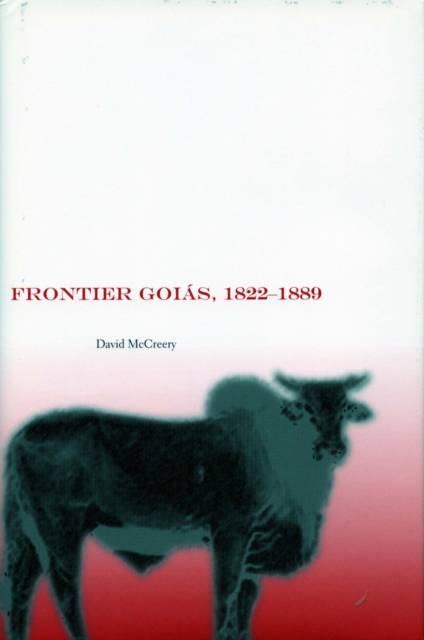
- Retrait gratuit dans votre magasin Club
- 7.000.000 titres dans notre catalogue
- Payer en toute sécurité
- Toujours un magasin près de chez vous
- Retrait gratuit dans votre magasin Club
- 7.000.0000 titres dans notre catalogue
- Payer en toute sécurité
- Toujours un magasin près de chez vous
Description
This book examines the development of the state, the nation, and the economy on the far western frontier of Brazil during the period of the Brazilian Empire. The author argues that the province of Goiás, although physically in the center of Brazil, was effectively the far edge of the Empire, thanks to poverty and poor communications. Goiás thus provides a useful test case of the limits and effectiveness of nation-building and state-building and of economic integration into national and international economies during these years. The inhabitants of Goiás successfully struggled to develop an interprovincial "export" trade in cattle at the same time as local elites negotiated a durable and largely peaceful political compromise with the central government. Smuggling and tax evasion were key to the development of the economy, yet politics remained "pro-government" and largely unruffled by partisan strife until the last decade of the Empire.
Spécifications
Parties prenantes
- Auteur(s) :
- Editeur:
Contenu
- Nombre de pages :
- 312
- Langue:
- Anglais
Caractéristiques
- EAN:
- 9780804751797
- Date de parution :
- 23-10-06
- Format:
- Livre relié
- Format numérique:
- Genaaid
- Dimensions :
- 163 mm x 230 mm
- Poids :
- 557 g

Les avis
Nous publions uniquement les avis qui respectent les conditions requises. Consultez nos conditions pour les avis.






